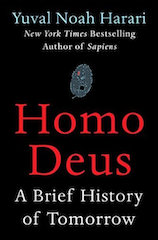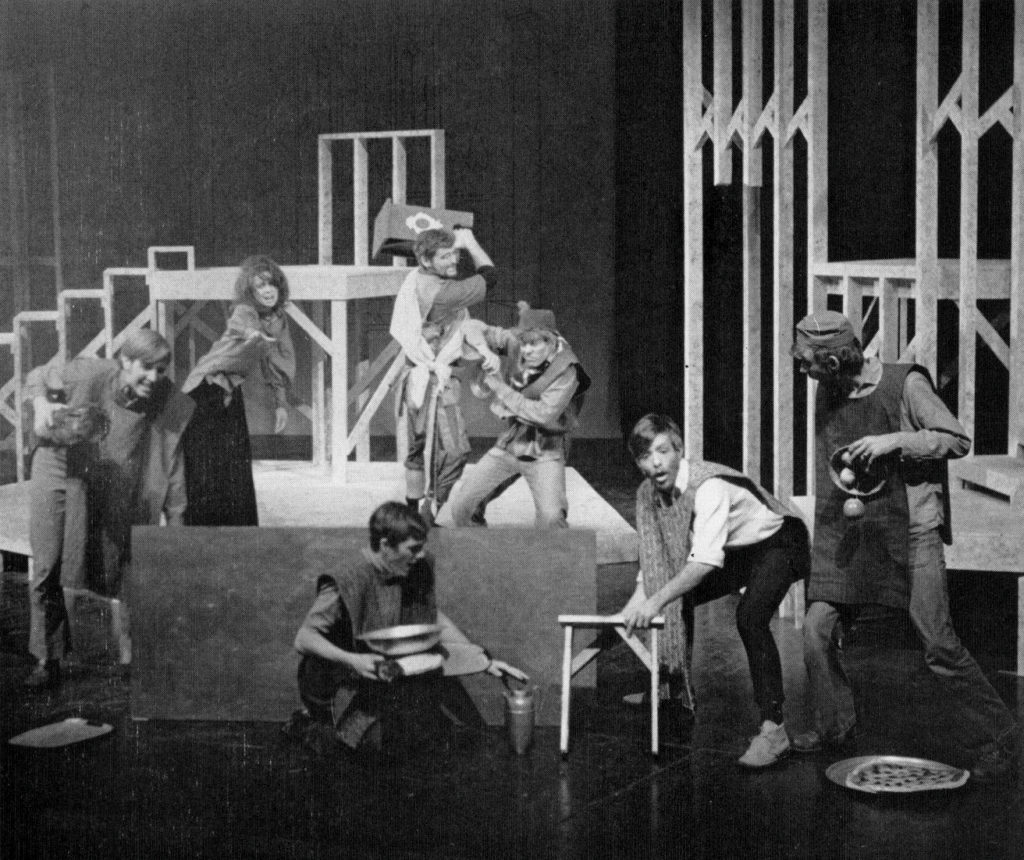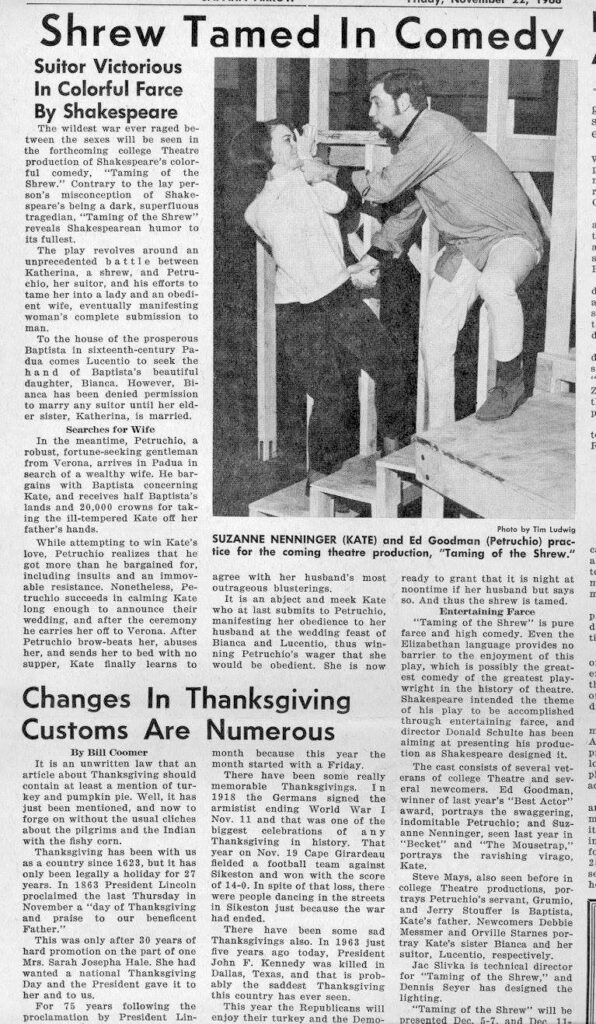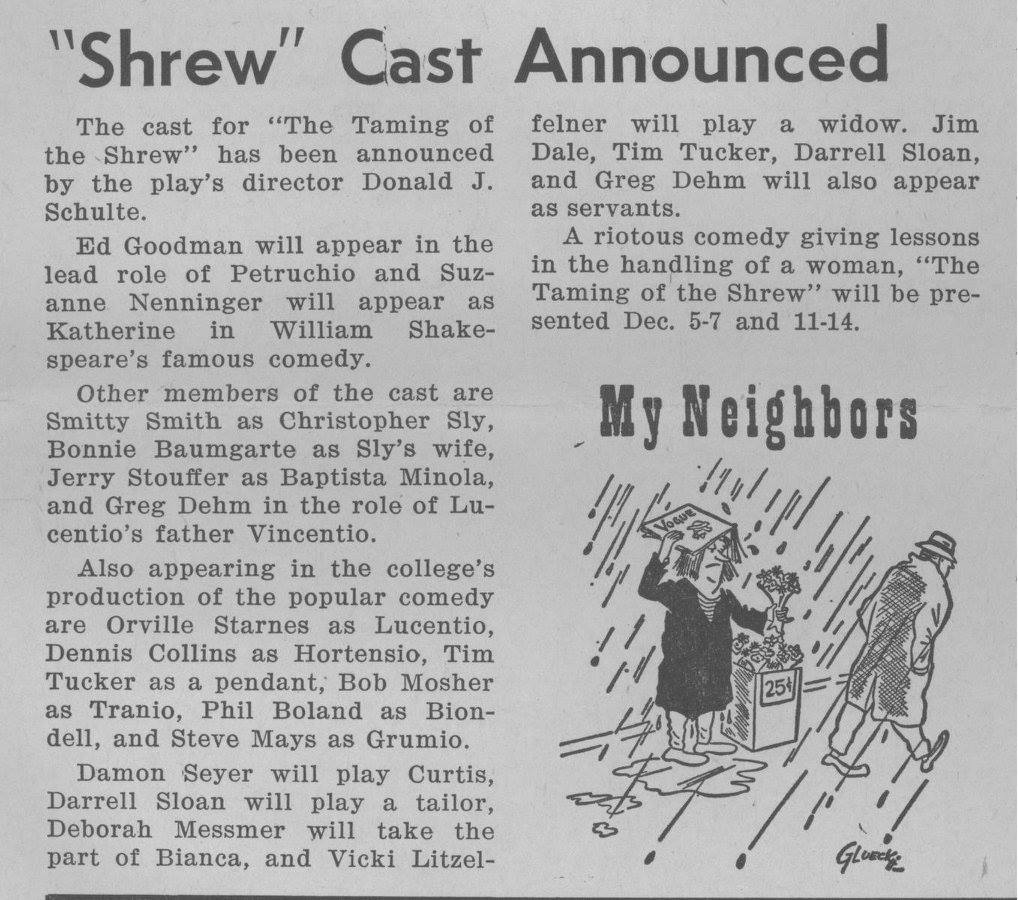I came across the following eight or nine years ago on a blog called Beyond Karma. The title of the post was “Cease to Cherish Opinion” and the line that has stuck with me is: “Do not seek the truth; only cease to cherish opinions.” You can and will have opinions, of course… but hold them lightly. Don’t cherish them. At least that’s been my understanding. But the “Do not seek the truth” part has always puzzled me. Why wouldn’t you want to seek the truth? Because (I think) “truth” is a concept. A word we’ll come back to in a minute.
“Rely only on direct experience. It may feel little uncomfortable to rely only direct experience, because what do we really know from direct experience? If you go into it, there isn’t much we can be sure of. “I exist,” there is Awareness, and all experience is in the Now. That’s about it.”
“Get comfortable with the emptiness of no beliefs, no ideas, no concepts, no knowing, no desires, no anticipation, no system, and no future.”
The notion of “emptiness” comes up a lot in Buddhism and Taoism. But what does it mean to to have no beliefs, no ideas, and all the rest. I’ve read that last sentence so many times the words lost all meaning and became just sounds coming out of my mouth. So I looked up the definitions.
Belief – an acceptance that a statement is true or that something exists.
Doesn’t sound all that iron-clad, does it. “I’m not certain, but I believe…” Okay, I can sorta see no beliefs.
Idea – a thought or suggestion as to a possible course of action; the aim or purpose.
A “possible course of action” isn’t the sort of thing you can take to the bank, is it. And who hasn’t admitted to being “fresh out of ideas.” Sure. No ideas.
Concept – an abstract idea; a general notion.
I’m thinking I could go for a while without a concept. I thought an ‘idea’ seemed a little ‘abstract’ so an ‘abstract idea’ is fuzzy enough to put down for a bit.
Knowing – be aware of through observation, inquiry, or information.
To know something through “inquiry or information” doesn’t seem that rock solid. We get bad information all the time. But isn’t observation as good as it gets, reliance-wise? David Blaine says no. Our powers of observation aren’t really that powerful. I can get comfortable with no knowing.
Desire – a strong feeling of wanting to have something or wishing for something to happen.
This one sounds easy to give up but we all want things to be the way we want them to be. Even after they aren’t, if you know what I mean. But desire feels like an emergent property to me. I don’t decide to desire. Desire just is. From out of nowhere (probably the brain). I’d be happy to relinquish desire if someone can tell me how.
Anticipation – the action of anticipating something; expectation or prediction.
This is sort of a ground ball. Maybe. Anticipation must be of a future event or time but the anticipating can only happen now. The future is, after all, imaginary. Not real. Not yet. If I’m anticipating something — even something very pleasant — I’m missing out on the here and now which is the only real time. So let’s “be in the moment” and no anticipation.
System – set of connected things or parts forming a complex whole, in particular.
This one has me stumped. What would it mean to be comfortable with no system? And why would we want to? If I had to guess, this has something to do with spontaneity. Don’t plan, just wait and see what happens.
Future – the time or a period of time following the moment of speaking or writing; time regarded as still to come.
Did we cover this with anticipation? The future only exists in my head. Mind stuff. Sure, I can think about the future but I can only do that thinking in this moment. Now. Put me down for no future.
So we’re “comfortable with the emptiness of no beliefs, no ideas, no concepts, no knowing, no desires, no anticipation, no system, and no future.” What is this state of being? What could be happening?
I could hear a bird singing. I could feel the sun on my face. I could smell that first delicious whiff of a double espresso.
Seems to me the one thing beliefs and ideas and concepts and all the rest have in common is thinking. Thoughts. But no thinking is required for most of the really good stuff. I’m not sure it’s possible to intentionally stop thinking but we do experience moments where the mind becomes still and focused. Jumping the boat’s wake at 40mph is something you do (not me but you, probably) without thinking. The guitarist completely in the groove, playing that song she’s practiced a thousand times. Those moments in deep meditation when the chattering voice in your head becomes silent for just a moment. Emptiness filled with a special kind of awareness, perhaps.








 “There was also no longer any sense of my moving along a timeline. Time was no longer a path with the past behind me and the future before me, as we commonly conceive of it. Instead there was a sense of an eternally unfolding present moment. Rather than time being a journey along a linear path, change appeared to be mandala-like. It seemed to be like a flower seen from above, endlessly unfolding from within, or like a kaleidoscope’s image forever rearranging itself. It struck me as highly misleading to think in terms of there being a past behind us and a future ahead of us. Instead there was only this one present moment, eternally unfolding according to its nature. I found myself in an eternal, timeless present.”
“There was also no longer any sense of my moving along a timeline. Time was no longer a path with the past behind me and the future before me, as we commonly conceive of it. Instead there was a sense of an eternally unfolding present moment. Rather than time being a journey along a linear path, change appeared to be mandala-like. It seemed to be like a flower seen from above, endlessly unfolding from within, or like a kaleidoscope’s image forever rearranging itself. It struck me as highly misleading to think in terms of there being a past behind us and a future ahead of us. Instead there was only this one present moment, eternally unfolding according to its nature. I found myself in an eternal, timeless present.”